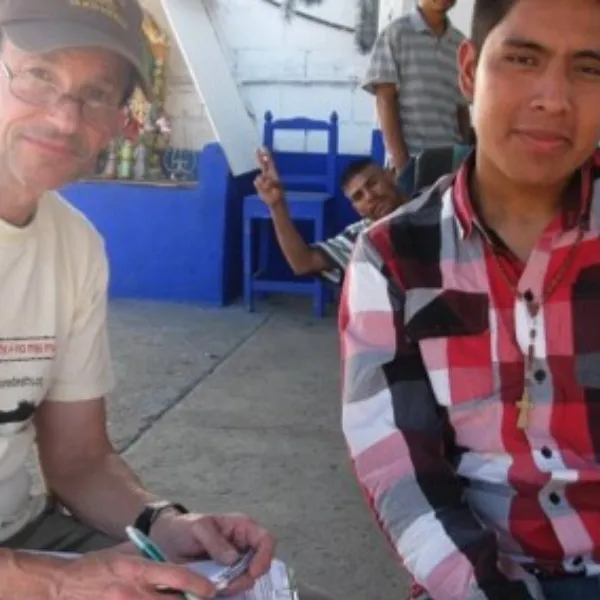Report on Health Impacts of Deportation Shows Increased Physical and Mental Distress for Deported Immigrants with Strong Ties to US
Data gathered as part of a humanitarian assessment of deported men and women in Nogales, Sonora, Mexico, shows that US immigration enforcement practices are an issue of public health and safety. The survey focused on immigrants who lived in the United States for a substantial number of years before removal. The findings linked poor post-deportation health status for those having strong ties to the US, experiences of abuse in detention, and exposure to violence at the border.

The sample of 105 interviews included 92 men and 13 women, the majority originally from Mexico, with a median age of 33 years. The respondents lived an average of 15 years in the US with the vast majority of respondents (94%) having family members currently living in the US. Two-thirds have children in the US, an average of 2.5, and for 81% of those respondents, all of their children are US citizens. 58% reported an abrupt removal from their life in the US and only 9% reported no abuses while in detention. 60% witnessed acts of violence and insecurity in the borderlands since their deportation. And the primary reason that most (70%) of the deported men and women would attempt to cross the border is to return to or support family in the US. A linear regression model described the compounding impact of these variables on self-reported health status.
In all, the report sheds light on the effects of US immigration enforcement strategy that focuses on the removal of people with strong linkages and contributions to the US. “The US deportation process represents a culture of cruelty that impacts deported men and women and their US-based families and communities.” (Exec. Summary, pg. 1)
No More Deaths (NMD) has released these results in a 12-page report entitled Post-Deportation Health: A Humanitarian Assessment. Recommendations include suspending deportations of immigrants with strong linkages to the US and enhanced health services for this population, among others. The report is part of A Culture of Cruelty campaign launched by NMD just over a year ago, in which the group released documentation of 30,000 reports of abuse of people while in US Border Patrol custody.
Download Report [pdf]
